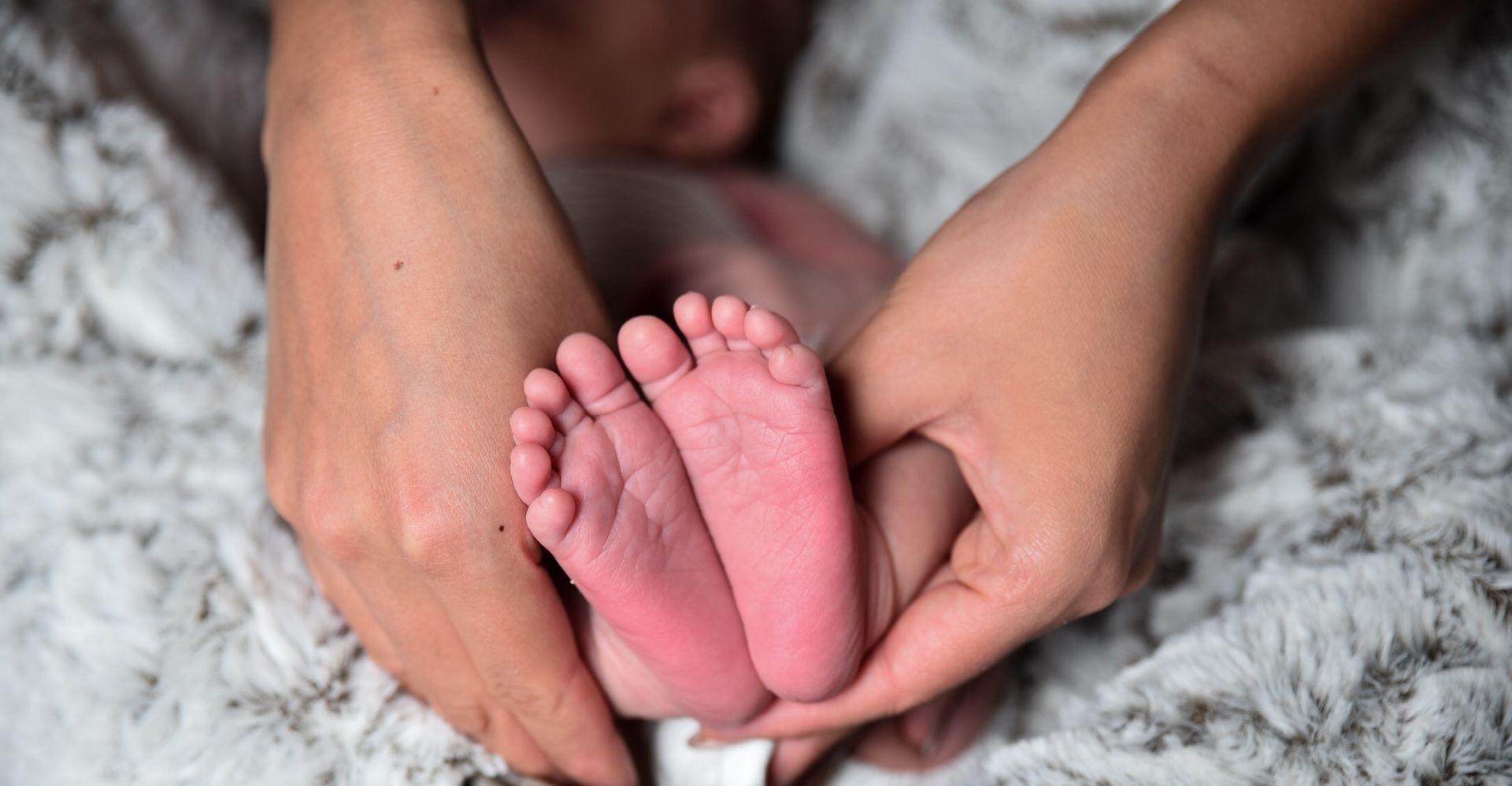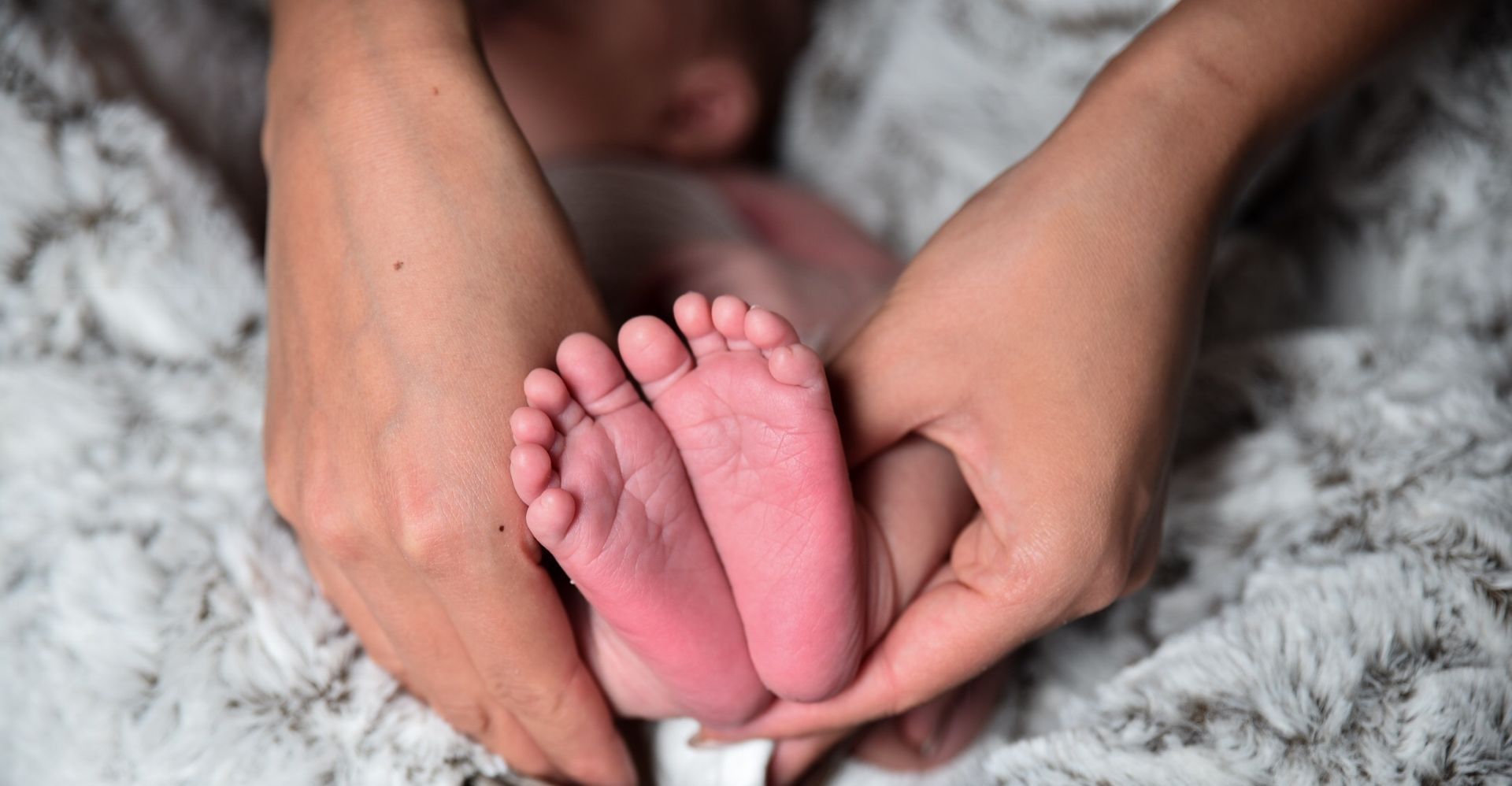
Miscarriage refers to the spontaneous loss of a pregnancy before 24 weeks. In the UK, around 250,000 miscarriages occur each year, with 80% happening within the first 12 weeks of pregnancy.
An estimated 10-20% of pregnancies end in early miscarriage, making the loss of a pregnancy in the first trimester unfortunately common. While often not openly discussed, understanding the risk factors, signs, and potential causes can help you process the experience and access the support or treatment you need.
Regardless of the circumstances, any miscarriage is deeply upsetting and physically distressing. It’s important to give yourself the time and space to grieve, while also seeking proper care to support both your emotional and physical well-being.
If you’re looking for support to restore balance on all levels—physically, emotionally, and mentally—please visit us at AcuMedic Women’s Health Clinic. With over 30 years of experience, we specialise in a range of women’s health concerns, including miscarriage prevention and recovery.
Alternatively, you can request free personalised health advice.
How can we help?
Chinese Medicine, recommended by the World Health Organisation (WHO) and widely trusted for supporting women with infertility, has been used for years to prevent and support recovery from miscarriage. Recent studies suggest that Acupuncture and CM herbal therapy not only help with recovery but can also set a healthy foundation for future pregnancies.
According to research, Chinese Medicine might help restore hormonal balance, regulate immune responses, and improve brain chemistry. It also helps promote healthy blood flow, prevent clotting, improve the quality of the endometrial lining, and reduce inflammation in the reproductive system.
On top of that, it helps reduce stress and anxiety, promoting relaxation and nourishing both body and mind.
The main goal of Chinese Medicine in miscarriage recovery is to address the underlying imbalances that may have contributed to the loss, while also helping ease both physical and emotional distress.
By strengthening both the body and mind, Chinese Medicine can support a smoother recovery and better chances for future fertility.
How quickly will you see results?
While the response to treatment can vary from person to person, most of our patients begin to notice positive effects within about 4 weeks of taking Chinese herbs and after a few Acupuncture sessions.
For women who have experienced one or two miscarriages and are planning to start a family, we recommend partnering with a Chinese Medicine physician ideally three months, or a few cycles, before trying to conceive. This approach helps strengthen all aspects of the reproductive system and allows time to address any underlying health concerns, giving the best chance for a healthy, full-term pregnancy.
About Miscarriage
Miscarriage is the spontaneous loss of a pregnancy before 20 or 24 weeks. After 6 weeks, miscarriage becomes less common, with only about 5% of pregnancies ending once a heartbeat is detected.
Miscarriage is generally classified into three types, depending on symptoms and the stage of pregnancy:
- Threatened Miscarriage: This occurs when cramping and bleeding happen before the 24th week of pregnancy. The good news is that around 75% of threatened miscarriages resolve on their own, and the pregnancy continues without further complications.
- Inevitable Miscarriage: This is diagnosed when the cervix dilates significantly or placental tissue is expelled. These miscarriages typically last several hours and are accompanied by significant bleeding and lower abdominal pain, ranging from mild to severe. Both pain and bleeding usually lessen and subside over time.
- Missed Miscarriage: Sometimes called a ‘silent miscarriage,’ this type occurs without cramping or bleeding, or with symptoms similar to a normal menstrual period. It often happens before the woman even knows she is pregnant. A missed miscarriage is usually diagnosed through ultrasound or by testing pregnancy hormone (HCG) levels.
Symptoms can vary depending on how far along you are. While some bleeding in the first trimester is pretty common—about 20% of women experience it—it can also mean the pregnancy is at risk.
Here are a few signs to look out for:
- Bleeding that is brownish or bright red
- Discharge with clots
- Cramping or pain in the abdomen or lower back, similar to menstrual cramps
- Contractions in the uterus, occurring every 5-20 minutes, similar to labour pain
- A decrease in early pregnancy symptoms, such as nausea or breast tenderness
If you experience any of these symptoms, it’s important to seek immediate medical attention.
How quickly you recover will depend on how far along the pregnancy was at the time of the miscarriage. Pregnancy hormones can remain in the blood for a couple of months after the loss, but most women will have a normal period within four to six weeks. During this time, you might experience spotting and abdominal discomfort. You might also go through a range of emotions, including frequent crying, low energy, and trouble sleeping.
It’s important to take the time you need to grieve and don’t hesitate to reach out to your primary care doctor or Chinese Medicine physician for support when you need reassurance.
Western Medicine View
In Western medicine, several factors are believed to potentially trigger a miscarriage. However, in many cases—around 60% of miscarriages before 12 weeks and 35% after—no physical cause can be identified.
While most miscarriages are due to natural, unpreventable causes, certain risk factors are thought to increase the likelihood. These include:
- Age of the parents: Women over 35 are generally at higher risk, with the risk increasing further with age.
- Genetic abnormalities of the embryo: These are a common cause, especially in the early stages of pregnancy.
- Hormonal imbalances: Conditions like PCOS, low progesterone, diabetes, and thyroid issues can contribute to the risk.
- Structural issues: Problems with the cervix or uterus, polyps, or fibroids can increase the chance of miscarriage.
- Chronic health conditions: Autoimmune disorders and certain medications can also be contributing factors.
- Being underweight or overweight: Both can impact fertility and increase the risk of miscarriage.
- Lifestyle factors: Smoking, alcohol abuse, excessive caffeine, poor diet, and drug use can all play a role.
Treatment in Western medicine depends on the stage of pregnancy and the type of miscarriage. The primary focus is on helping the body expel any remaining pregnancy tissue. This can be done through surgical intervention (D&C, dilation and curettage), which removes tissue from the uterus, or with prescription medications that encourage cramping to help pass the tissue.
In some cases, the body may expel the tissue naturally, and no treatment would be needed if a complete miscarriage occurs and there is no remaining pregnancy tissue.
It’s important to work with your doctor to determine the best course of action for your specific case.
Unfortunately, conventional medical care for miscarriage often doesn’t provide much in terms of after-care for physical and emotional recovery, with the main advice being rest and self-care.
A more integrated approach, combining Chinese Medicine and Acupuncture alongside medical treatments or surgery, can be a safe and effective way to support both physical healing and emotional well-being after a miscarriage.
Chinese Medicine View
In Chinese Medicine, female physiology is seen as a complex ecosystem, relying on a delicate balance between the body, mind, and environment. For this reason, a Chinese Medicine practitioner will look for subtle but important factors that might contribute to the loss of a pregnancy.
From a Chinese Medicine perspective, a miscarriage can be caused by several factors, such as:
- Age
- Hormonal imbalances
- Reproductive system disorders in either parent
- Some medications
- Environmental toxins
- Poor diet, and lifestyle habits.
These factors can disrupt the overall balance of the body, often leading to what Chinese Medicine refers to as a ‘Kidney ZF Deficiency’ or a ‘Blood and Qi Deficiency’—a depletion of the vital nutrients and energy needed to support a healthy pregnancy.
Based on the symptoms presented, a Chinese Medicine practitioner will identify the underlying imbalance, determine which organs and bodily functions are affected, and target which areas need strengthening. The aim is to address the root cause, strengthen the body and mind, and prepare the patient to support the healthy development of a new life.
Lifestyle Advice
Taking care of yourself is always important, but it’s especially crucial to focus on your health and well-being after experiencing a miscarriage. Make sure to eat well, rest, and take the time you need to grieve your loss. Don’t hesitate to ask for support when you need it.
You might also want to consider the following:
- Reach out for help if you’re feeling overwhelmed. It’s normal to experience a wide range of emotions, and sometimes your family and friends may not fully understand how you’re feeling. Let them know how they can support you.
- Seek counselling from a therapist. Grief counsellors can help you process feelings of depression, loss, or guilt in a safe and supportive environment.
- A symbolic gesture can help ease the pain. Some women choose to plant a tree or wear a special piece of jewellery as a meaningful way to remember the loss.
- Join a support group, either in person or online, to connect with others who have gone through similar experiences.
Remember, experiencing a miscarriage doesn’t mean you won’t conceive again. Many women go on to have healthy pregnancies later.
These tips can help bring your body and mind back into balance, supporting your overall health and well-being. For more information on infertility, check out our guide to Overcoming Infertility.
For more personalised advice, feel free to reach out to our fully qualified CMIR-registered physicians, who also have extensive Western medical training.

